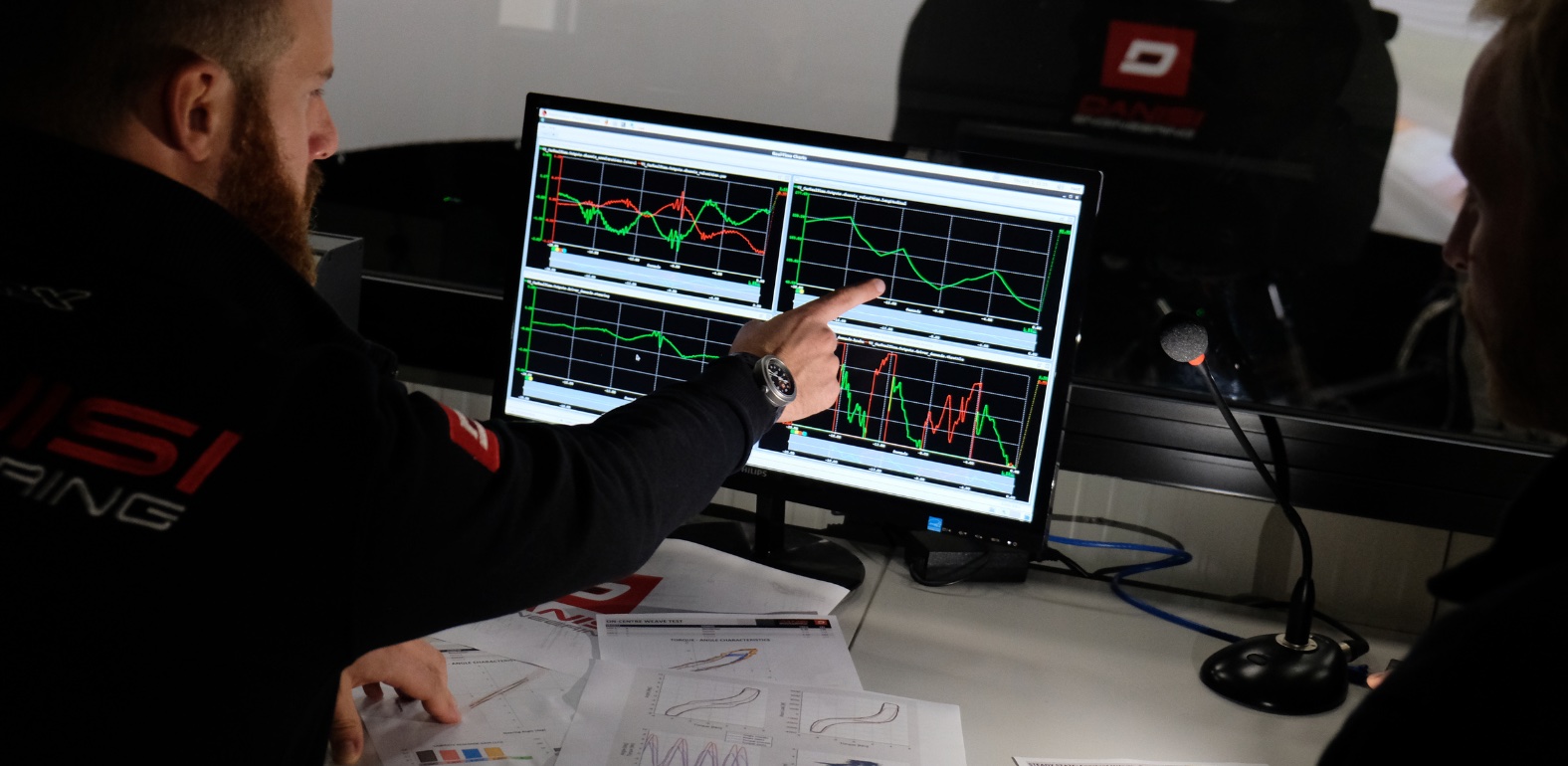Electronic Engineering for Intelligent Vehicles
Electronic and Communication Systems
25 SEATS
24 MONTHS
Bologna and Modena
English
For students aiming to become electronic engineers with a solid knowledge of the methods and tools that make electronics the foundation of all systems that collect, process, transmit and store information in current and future vehicles.
The Electronic and Communication Systems (ECS) curriculum is part of the Master’s Degree in Electronic Engineering for Intelligent Vehicles (EEIV).
The aim of the ECS curriculum is to train electronic engineers with a sound knowledge of the methods and tools that make electronics the foundation of all systems that collect, process, transmit and store information, with particular emphasis on the electronic subsystems embedded in current and future vehicles.
During the first year courses are offered to give students a background in topics such as embedded and real-time electronic systems, automotive sensors, automatic control, vehicle communications, wired and wireless interconnects and power electronics.
The second year complements and specialises the first, providing specific examples of real electronic and communication sub-system projects installed on existing vehicles, exposing students to embedded systems programming and issues related to the secure interconnection of different sub-systems.
Graduates of the ECS curriculum will learn and understand the operating principles and design constraints of basic electronic and communication devices and subsystems, and how they can be controlled and securely connected to each other and to the environment in automotive and motorcycle applications.
The first academic year is at the Department of Electrical, Electronic and Information Engineering Guglielmo Marconi (Bologna Campus), while the second academic year is at the Department of Engineering Enzo Ferrari (Modena Campus).

Topics
- Advanced automotive sensors
- Hardware-software design of embedded systems
- Signals and systems for vehicular communications
- Wired and wireless interconnections
- Power electronics for automotive
- Automotive cyber security
- Modeling and control of electromechanical systems


